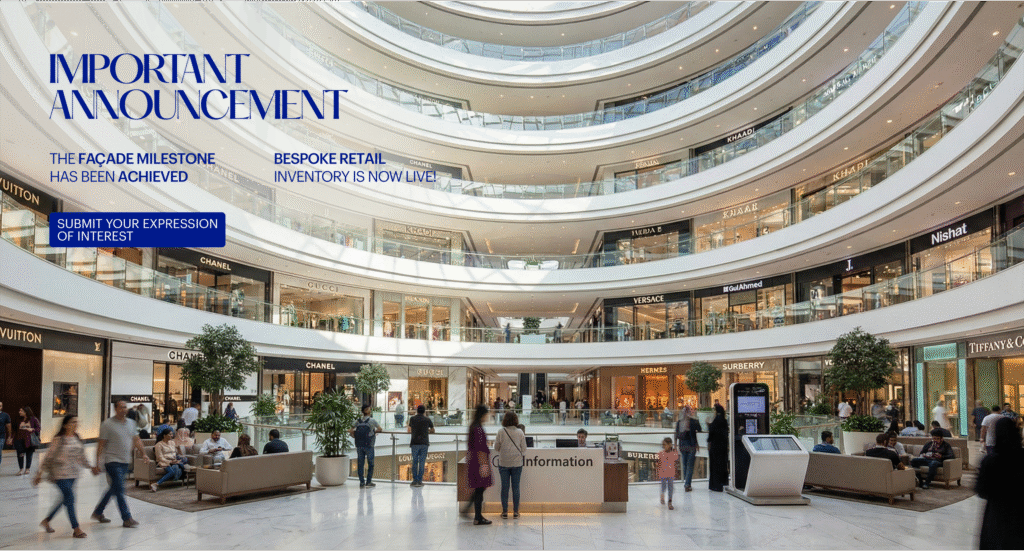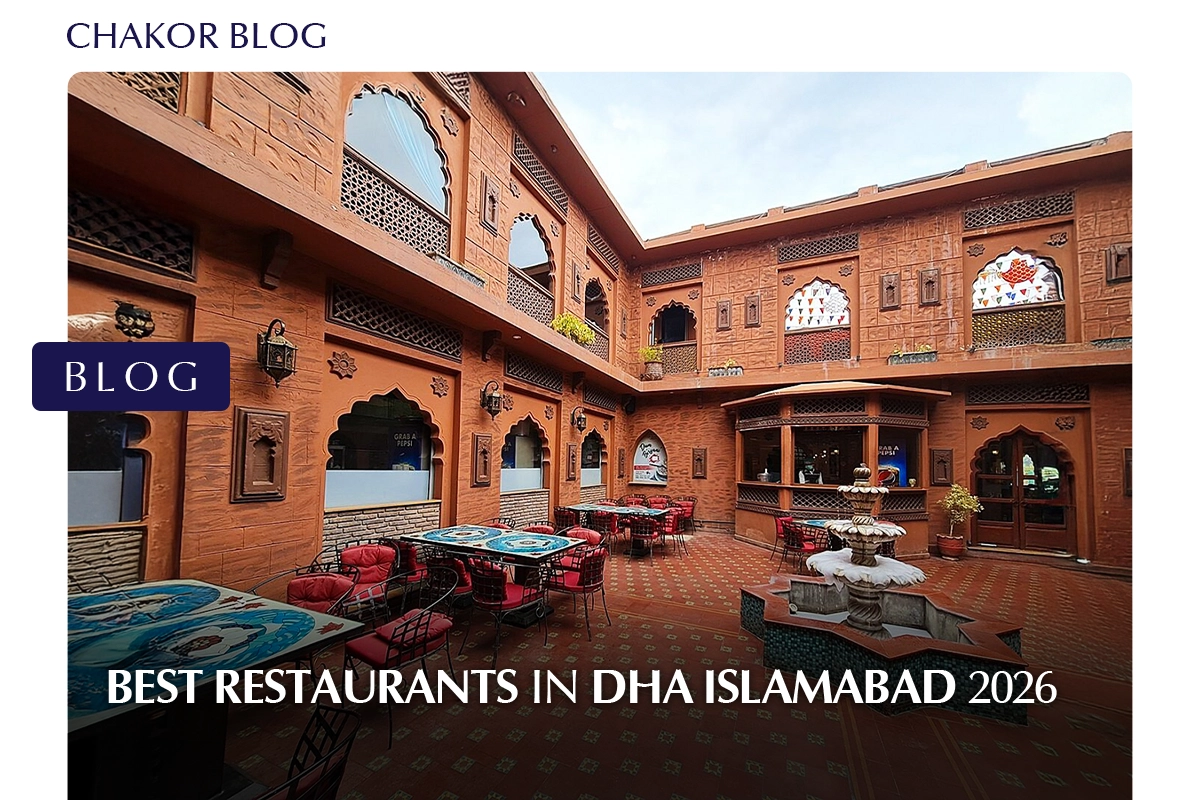
DHA Islamabad offers a vibrant range of dining options to suit every taste and occasion. From casual eateries to fine dining establishments, the neighborhood is...


DHA Islamabad offers a vibrant range of dining options to suit every taste and occasion. From casual eateries to fine dining establishments, the neighborhood is...
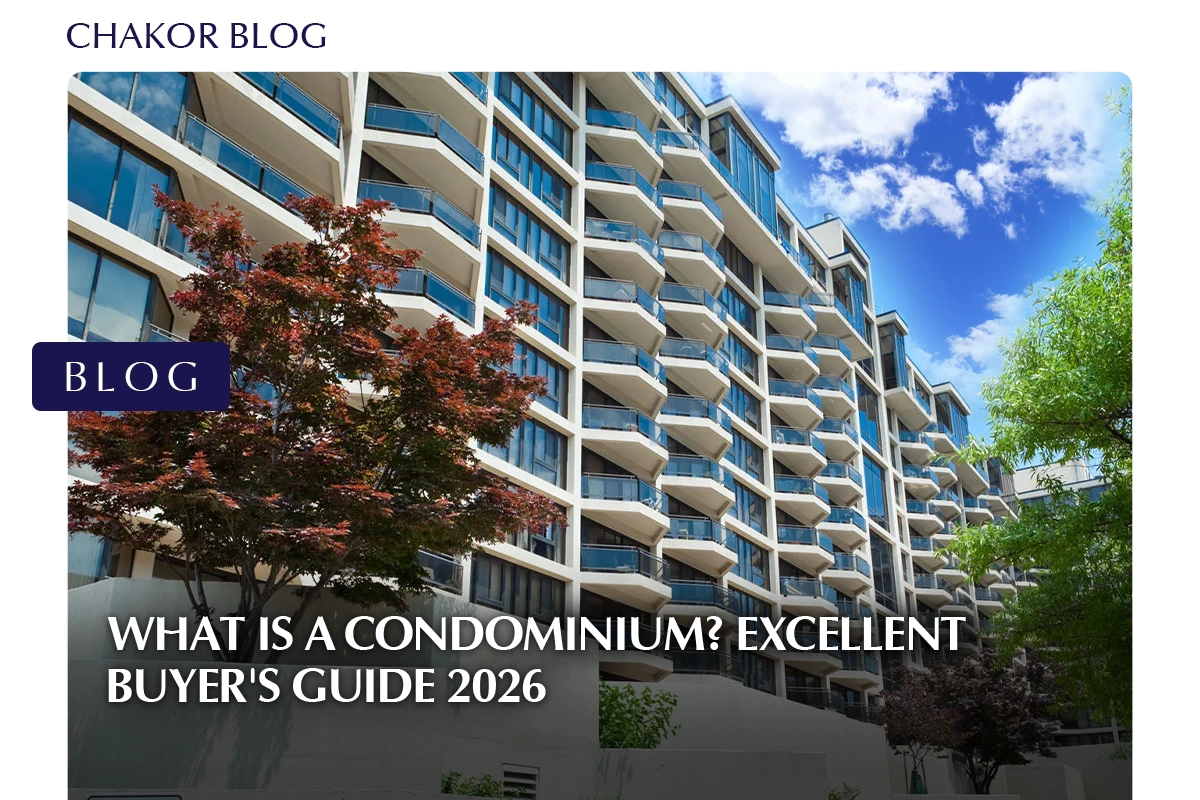
When researching modern housing options, one question appears frequently: What is a condominium? Whether you are a first-time homebuyer, investor, or simply comparing housing types,...
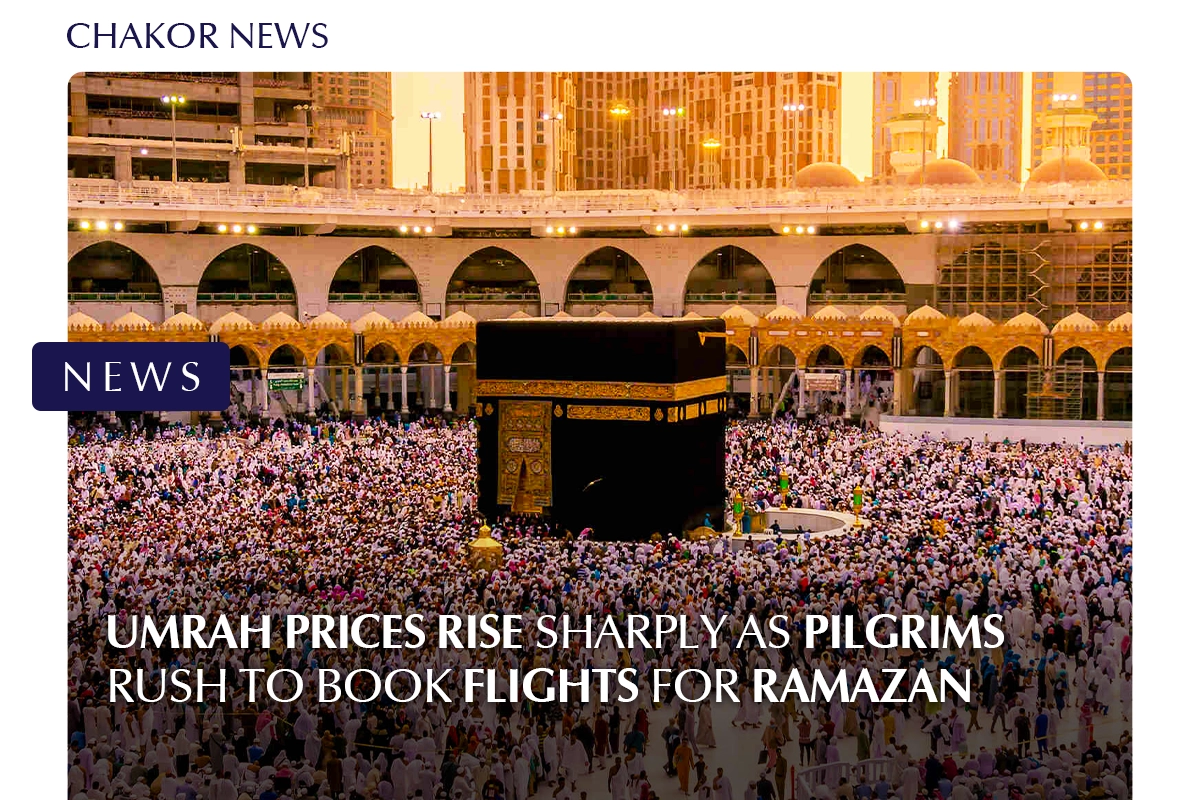
LAHORE: With the commencement of Ramazan, the holiest month for Muslims, demand for Umrah travel has risen sharply, leading to a significant increase in airfare...

If you’re looking for holiday apartments that offer luxury, comfort, and modern amenities in Islamabad, it’s essential to choose a place that provides both convenience...
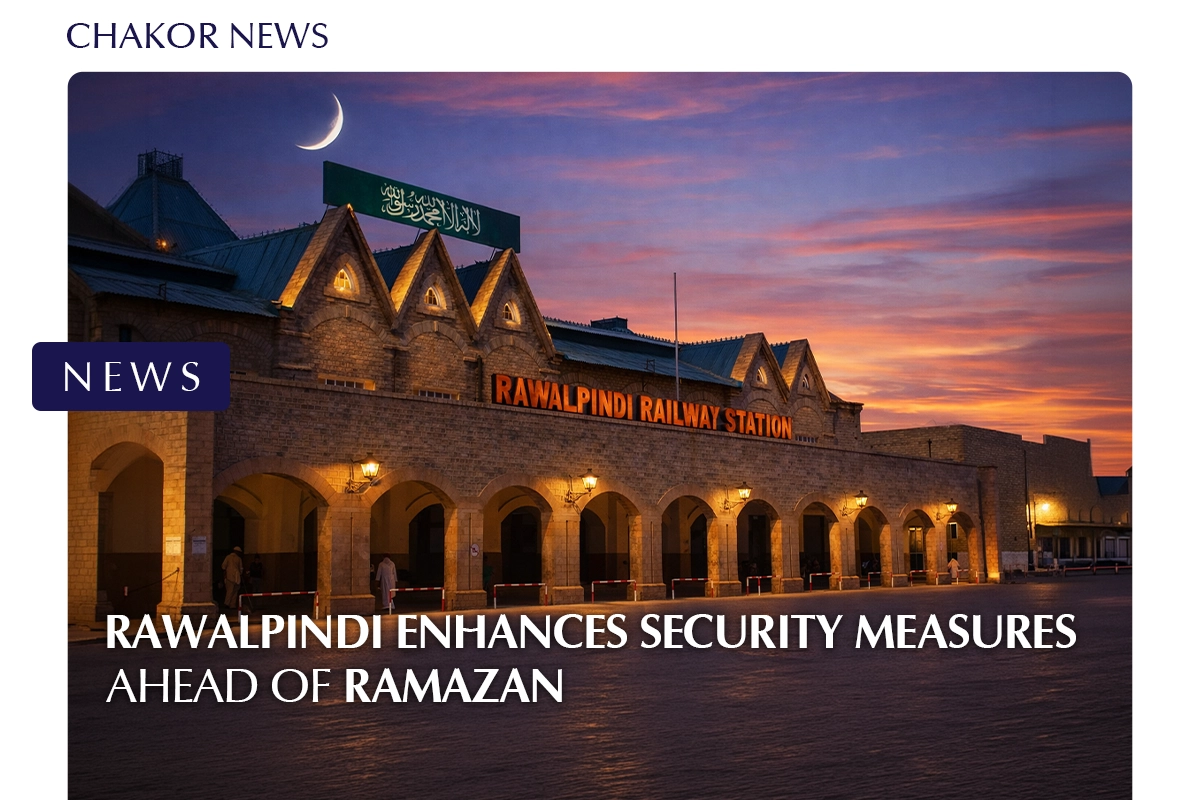
RAWALPINDI: Rawalpindi’s law enforcement agencies have implemented additional security measures in preparation for Ramazan, focusing on maintaining public safety and order during the holy month....
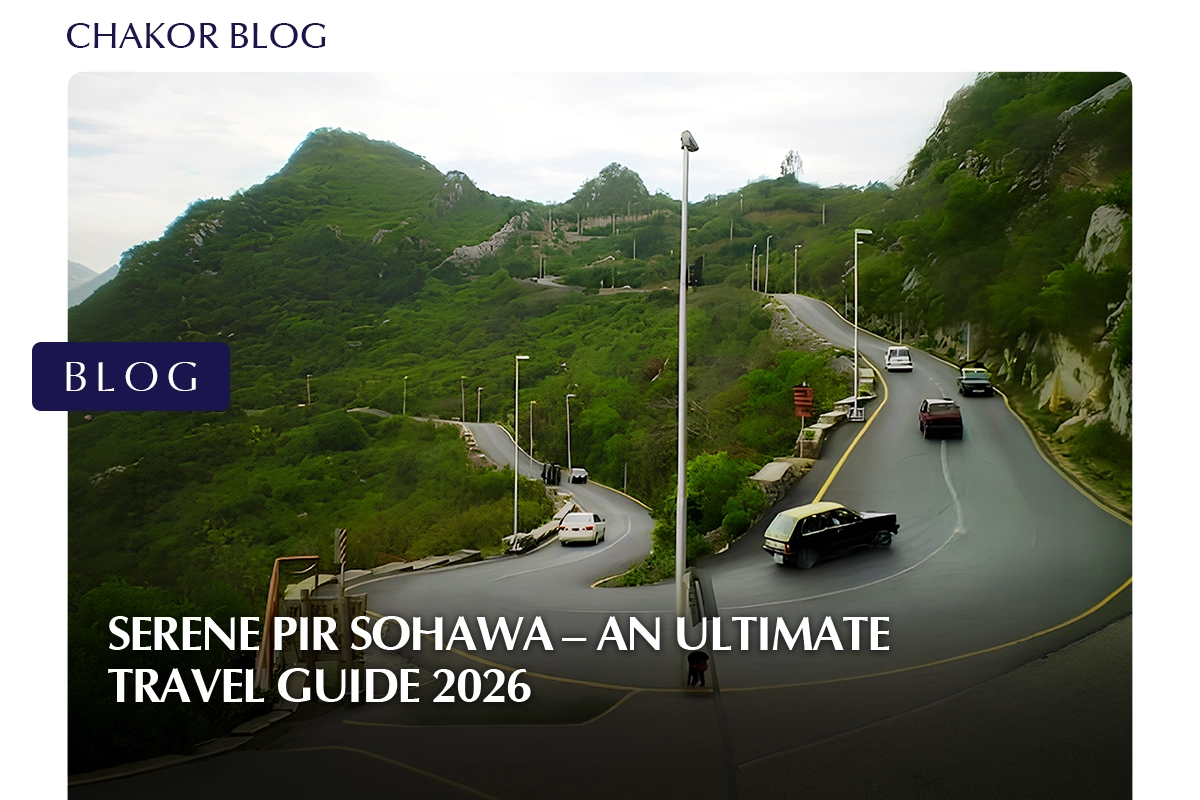
Pir Sohawa Islamabad, is one of the most popular hilltop destinations in the capital city of Pakistan. Located inside Margalla Hills National Park, Pir Sohawa...

ISLAMABAD — February 18, 2026: Chakor Ventures is pleased to announce the launch of a new Ramadan countdown timer on its official website. This feature...
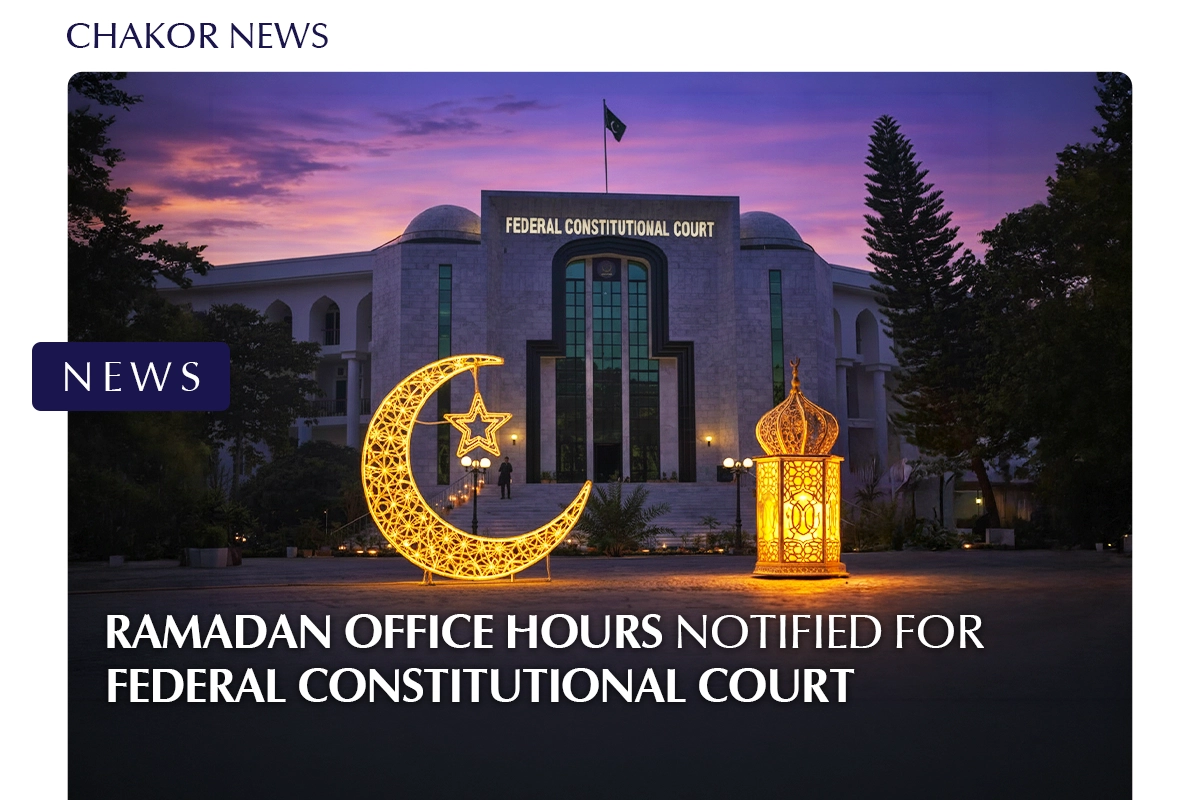
ISLAMABAD: The Federal Constitutional Court has announced revised office timings for the month of Ramadan. The schedule, approved by the Chief Justice, will be implemented...
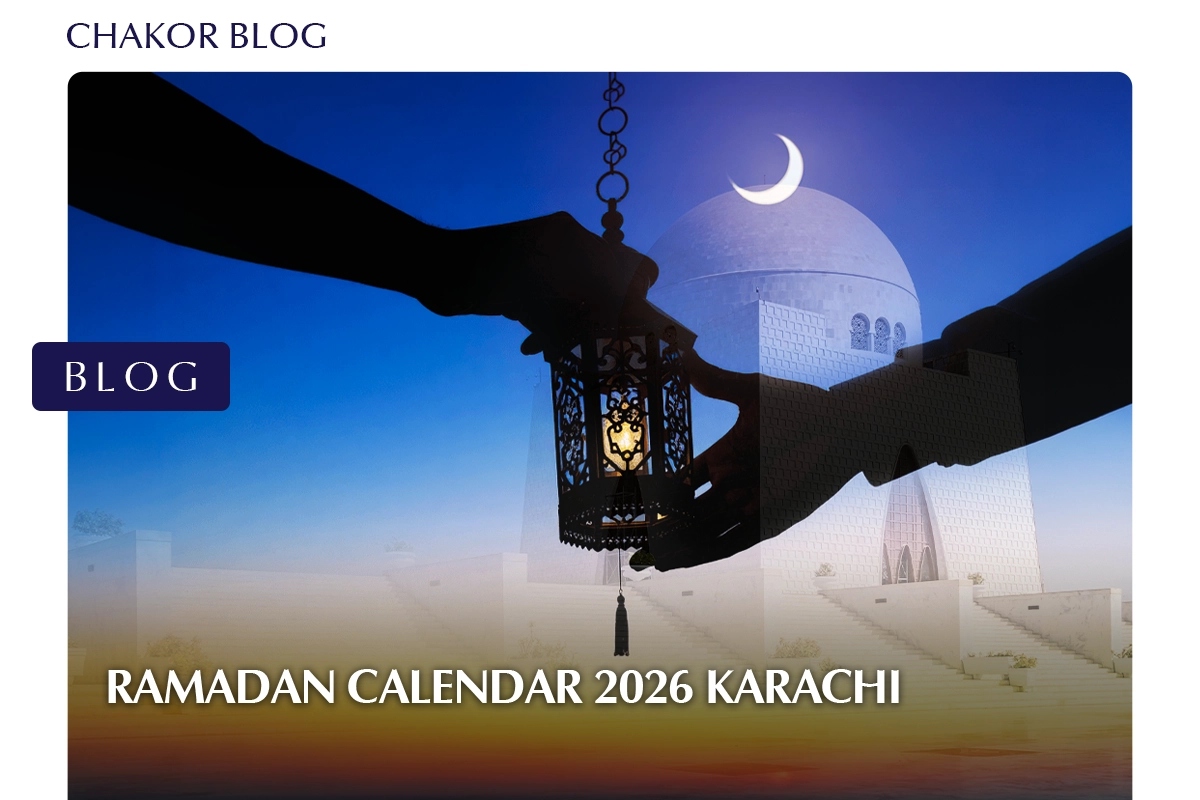
The Ramadan Calendar 2026 Karachi is important for Muslims in Karachi preparing for the holy month. Every year, thousands of people search for the updated...

List of Essential Ramadan Dua and their Significance Ramadan is the month of mercy, forgiveness, and spiritual renewal. It is the time when the gates...

DHA Islamabad offers a vibrant range of dining options to suit every taste and occasion. From casual eateries to fine dining establishments, the neighborhood is home to some of the best restaurants in DHA Islamabad. Whether you’re looking for a

When researching modern housing options, one question appears frequently: What is a condominium? Whether you are a first-time homebuyer, investor, or simply comparing housing types, understanding condominiums is essential in today’s evolving real estate market. Across the world and increasingly

LAHORE: With the commencement of Ramazan, the holiest month for Muslims, demand for Umrah travel has risen sharply, leading to a significant increase in airfare prices. Umrah, a pilgrimage to Mecca, Saudi Arabia, is a highly anticipated spiritual journey, especially

If you’re looking for holiday apartments that offer luxury, comfort, and modern amenities in Islamabad, it’s essential to choose a place that provides both convenience and quality. Holiday apartment rentals have become a preferred choice for travelers, offering more space,

RAWALPINDI: Rawalpindi’s law enforcement agencies have implemented additional security measures in preparation for Ramazan, focusing on maintaining public safety and order during the holy month. The decision was made following a meeting of the Regional Police Coordination Committee, chaired by
